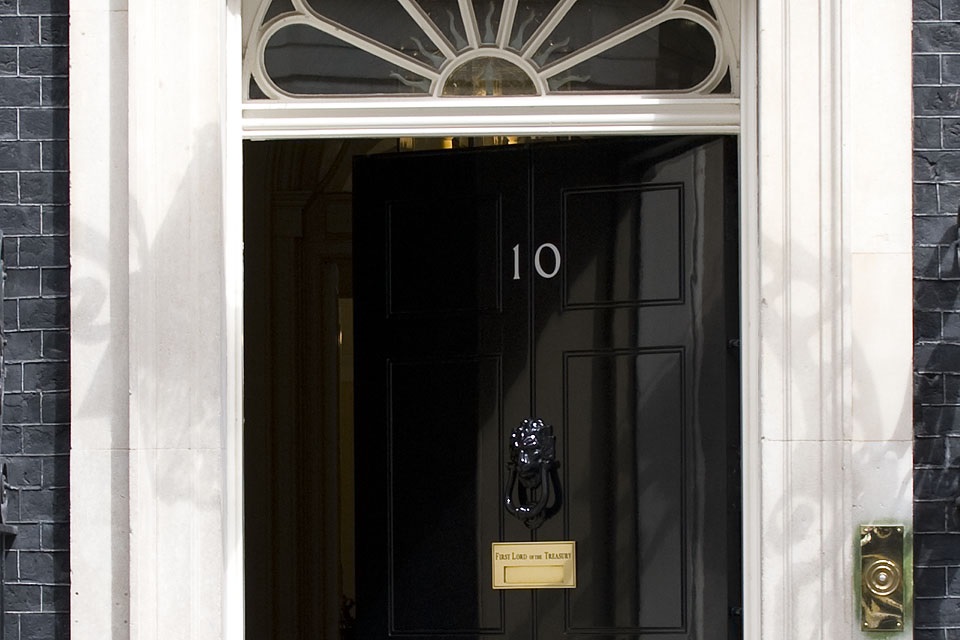Businesses, Investors Push Back on UK’s Watered-down Climate Goals

Automotive giant Ford issued a harsh response to UK Prime Minister Rishi Sunak’s plan to push back the country’s ban on the sale fossil fuel-based cars, arguing that the move will undermine government consistency needed to enable investment in the industry’s transformation.
The government, under former PM Boris Johnson, announced in 2021 that the UK will end the sale of new petrol and diesel cars and vans by 2030, as part of a series of “Green Industrial Revolution” commitments and investments that also included measures to scale the production of clean and renewable energy, reduce the carbon footprint of homes and other buildings, increase carbon capture capacity and support the development of climate solution technologies.
Sunak announced today, however, that in order to “ease the burden on working people,” he will delay or eliminate several of the UK’s climate initiatives, including pushing back the ban on petrol and diesel car sales by 5 years to 2035, delaying and easing rules to transition away from oil and gas boilers and towards heat pumps, and removing home energy efficiency requirements, as well as ending moves to incentivize reduced air travel and meat consumption.
In a statement posted on Ford’s website, Lisa Brankin, Ford UK Chair said that the auto industry has been investing to meet the 2030 deadline, and noted that the company has already invested £430 million on development and manufacturing facilities in the UK, “with further funding planned for the 2030 timeframe.”
Brankin added:
“Our business needs three things from the UK government: ambition, commitment and consistency. A relaxation of 2030 would undermine all three.”
Sustainable investment groups also warned of the potential impact of policy uncertainty on the UK’s ability to attract capital flows driving the climate transition. In a statement posted following Sunak’s announcement, Institutional Investors Group on Climate Change (IIGCC) CEO Stephanie Pfeifer said that “clear and consistent policymaking is a prerequisite for investors looking to make long-term investment and asset allocation decisions and for maintaining their confidence.”
Pfeifer added:
“Simply put, the UK risks missing out on considerable investment if the government continues down its current path.”